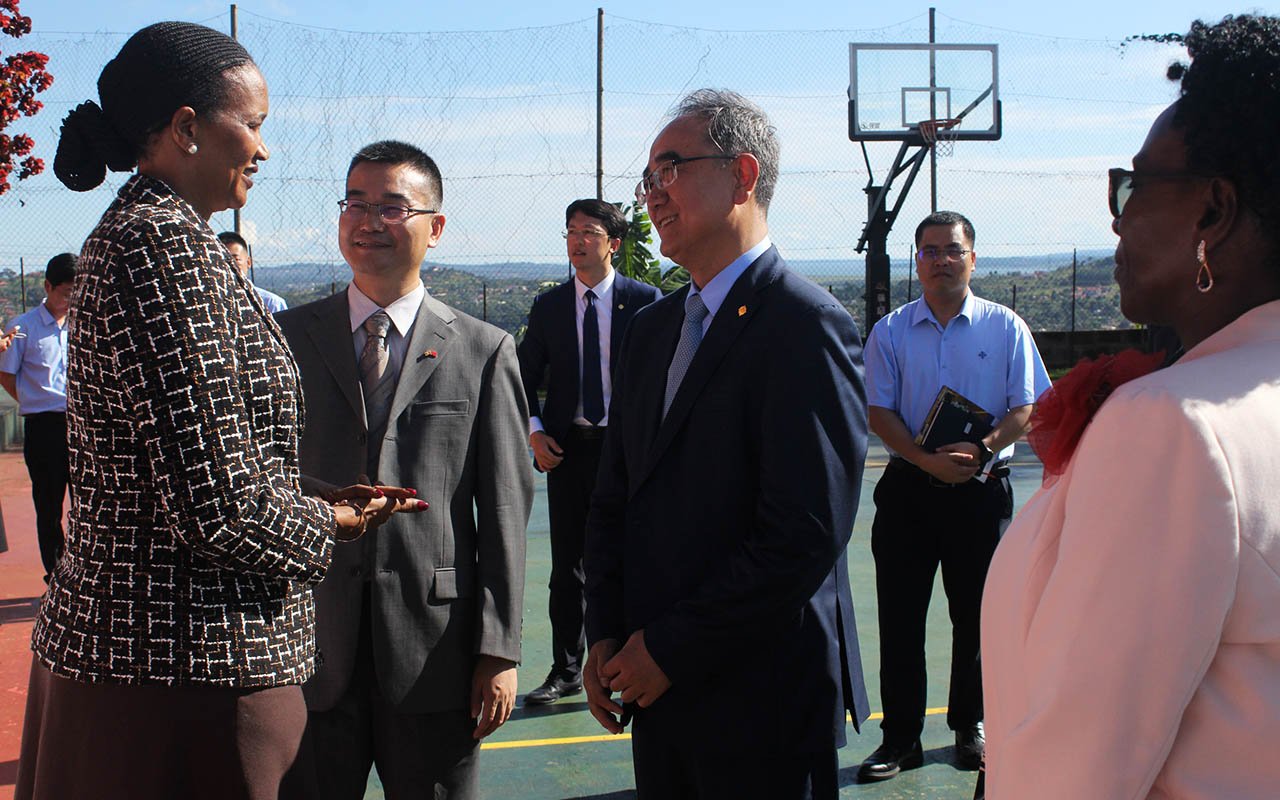Locals decry sharing water with animals

Locals draw water from an unprotected spring well in Adagayela Village, Akwirididi Parish, Aboke Sub-county in Kole District on October 16. PHOTO/BILL OKETCH
Residents of Aboke Sub-county in Kole District have said they are at risk of contracting water-borne diseases as a result of drinking contaminated water.
People living in the villages of Adagayela, Aromo nyongo, Acunglyec A and B, Te-oboke and Acoo in Akwirididi Parish share a water source with animals.
Ms Winnie Otim of Acunglyec ‘A’ Village said they stopped going to their borehole because it dispenses brown water.
“Drinking contaminated water is what will kill us, not even coronavirus,” Ms Otim said during a ‘Community Voice’ dialogue organised by the Apac Anti-corruption Coalition (TAACC), a non-governmental organisation, at Acoo Trading Centre last Friday.
She said each household in their community pays Shs2,000 monthly to the water source committee.
The money is remitted to the sub-county water board for repairing broken boreholes, but it is now more than four months without their borehole being repaired.
“Why should they keep on collecting money from us yet they have refused to replace rusted pipes from our borehole?” Ms Otim asked.
The Acungulyec B Village chairperson, Mr David Omara, said there are about 800 households from the three villages of Acungulyec A and B, and Te-oboke, which share a non-functional borehole.
“We collect money from each household in our village, which we remit to the water board as an emergency fund for repairing our borehole. But since March when our borehole started producing brown water, we have been raising our complaints to the sub-county water board but nothing has been done,” Mr Omara said.
Mr Moses Awany, a resident of Aromo-nyongo Village, said their only source of water is a contaminated spring well, which they share with domestic animals. Children also play and bathe in the same water.
“We are at the risk of getting cholera because during the rainy season, running water from the upstream washes faeces from the bushes into the water source,” Mr Awany said.




